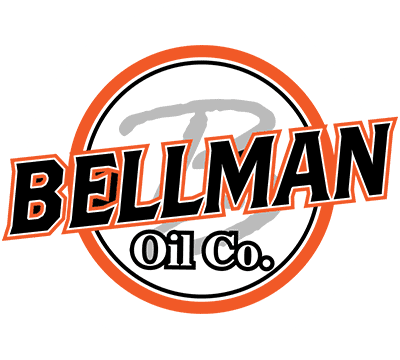Lubricants play an important role in industrial operations, ensuring machinery’s smooth and efficient functioning. From reducing friction to minimizing wear and tear, lubricants are indispensable in many industries. However, in the food and beverage industry, where the risk of contamination and the safety of consumers is paramount, the stakes are even higher. This is where food-grade lubricants come into play. Formulated with high safety standards, these emollients perform in food processing environments without compromising the quality and safety of the products. Let’s look at food-grade lubricants and their importance to the food and beverage industry.
What are food-grade lubricants?
Food-grade lubricants are specially formulated oils designed for food processing environments. They primarily keep the machinery running smoothly. However, experts also consider them safe for incidental contact with food. Regulatory agencies like the FDA set rules and regulations for the composition of these lubricants, ensuring they do not pose any health risks if they come into contact with food products.
Using special lubricant is essential in the food and beverage industry for several important reasons. First, these oils ensure the safety and well-being of consumers. Normal machine lubricants may contain toxic chemicals that can cause sickness or death if consumed. Food-grade lubricants feature safe ingredients that pose no health risk to consumers.
Beyond ensuring consumer safety, food manufacturers are legally required to comply with strict regulations, like FDA 21 CFR 178.3570, upholding stringent food safety standards. Using food-grade lubricants helps companies meet these requirements and avoid non-compliance fines.
Finally, food-grade lubricants promote operational efficiency under specific conditions in food-processing machinery, like high temperatures and frequent washdowns. These lubricants ensure that machinery runs smoothly even through harsh conditions.
The benefits of food-grade lubricants in the food and beverage industry are multifaceted. From protecting consumers to complying with legal requirements, these emollients ensure food processing operations are safe, efficient, and compliant.
Types of Food Grade Lubricants
Food-grade lubricants come in several types, each made with specific conditions in the food processing industry in mind.
H1 Lubricants
H1 lubricants are used when food can come into contact with moving machinery parts. These oils may be used on mixers, blenders, conveyor belts, or sealing machines to keep machinery moving smoothly. These lubricants feature non-toxic ingredients that do not pose a health risk if they come into contact with food in trace amounts. They are resistant to high temperatures and effective under varying laid conditions.
H2 Lubricants
H2 lubricants are designed for use in areas where food contact is unlikely. However, they still follow the same food safety standards as H1 lubricants. These oils may be used in hydraulic or utility systems in food plants.
H3 Lubricants
H3 lubricants, also known as soluble oils, prevent rust on hooks, trolleys, and other equipment that might come into direct contact with food. These lubricants are typically applied and washed off before the equipment is used in food processing.
Understanding the different types of food-grade lubricants and their applications is essential for maintaining food safety and operational efficiency.
Choosing the Right Food-Grade Lubricant
Selecting the appropriate food-grade lubricant is critical for ensuring both the safety of food products and the optimal performance of machinery. Before applying lubricants to machinery, it is important to understand the needs of each piece of machinery. The load and speed of the machinery can change the necessary lubricant. For example, high-speed machinery needs a lubricant that will continue to work in fast-moving parts. Additionally, many high-temperature food and beverage machines require lubricants that remain stable and effective at elevated temperatures. In environments with frequently washed equipment, use water-resistant lubricants to ensure they remain effective and do not wash away easily.
Choosing the right food-grade lubricant involves careful consideration of application requirements and the type of machinery. By carefully evaluating the machinery, companies can choose the right food-grade lubricant for their machinery, ensuring smooth and safe operation.
Bellman Oil Can Help!
At Bellman Oil, we recognize the importance of food-grade lubricants for the food and beverage industry. We can help you choose the right lubricants for your machinery, keeping your food products safe and tasty. Contact us today to learn more about our fuel and lubricants!




